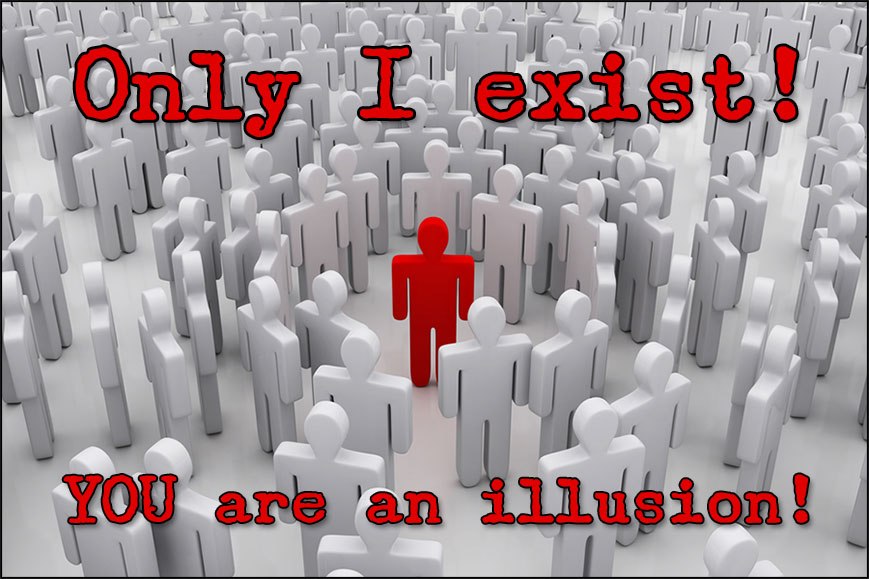
If they abandon their beliefs, they run the risk of losing social ties. Friendship Does.Ĭonvincing someone to change their mind is really the process of convincing them to change their tribe. This insight not only explains why we might hold our tongue at a dinner party or look the other way when our parents say something offensive, but also reveals a better way to change the minds of others. For lack of a better phrase, we might call this approach “factually false, but socially accurate.” 4 When we have to choose between the two, people often select friends and family over facts. I thought Kevin Simler put it well when he wrote, “If a brain anticipates that it will be rewarded for adopting a particular belief, it's perfectly happy to do so, and doesn't much care where the reward comes from - whether it's pragmatic (better outcomes resulting from better decisions), social (better treatment from one's peers), or some mix of the two.” 3įalse beliefs can be useful in a social sense even if they are not useful in a factual sense. Sometimes we believe things because they make us look good to the people we care about. We don't always believe things because they are correct. The Harvard psychologist Steven Pinker put it this way, “People are embraced or condemned according to their beliefs, so one function of the mind may be to hold beliefs that bring the belief-holder the greatest number of allies, protectors, or disciples, rather than beliefs that are most likely to be true.” 2 In many circumstances, social connection is actually more helpful to your daily life than understanding the truth of a particular fact or idea.

While these two desires often work well together, they occasionally come into conflict. Understanding the truth of a situation is important, but so is remaining part of a tribe. Becoming separated from the tribe-or worse, being cast out-was a death sentence.” For most of our evolutionary history, our ancestors lived in tribes. Such inclinations are essential to our survival. We want to fit in, to bond with others, and to earn the respect and approval of our peers. In Atomic Habits, I wrote, “Humans are herd animals.

Humans also seem to have a deep desire to belong. However, truth and accuracy are not the only things that matter to the human mind. If your model of reality is wildly different from the actual world, then you struggle to take effective actions each day. Humans need a reasonably accurate view of the world in order to survive.

What's going on here? Why don't facts change our minds? And why would someone continue to believe a false or inaccurate idea anyway? How do such behaviors serve us? Leo Tolstoy was even bolder: “The most difficult subjects can be explained to the most slow-witted man if he has not formed any idea of them already but the simplest thing cannot be made clear to the most intelligent man if he is firmly persuaded that he knows already, without a shadow of doubt, what is laid before him.” Galbraith once wrote, “Faced with a choice between changing one’s mind and proving there is no need to do so, almost everyone gets busy with the proof.”


 0 kommentar(er)
0 kommentar(er)
